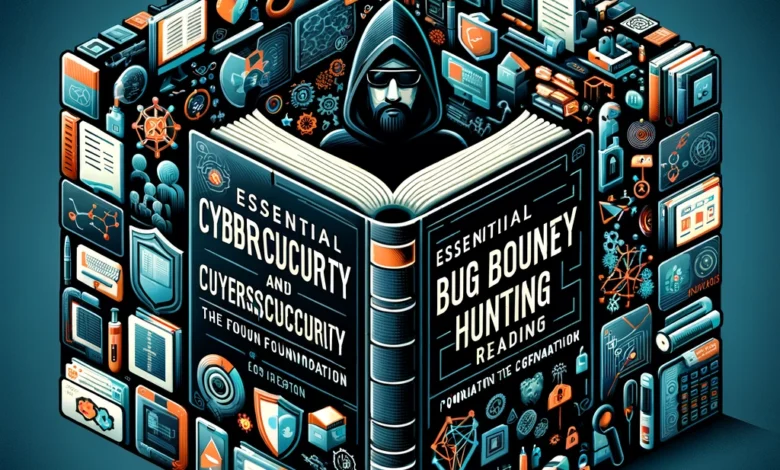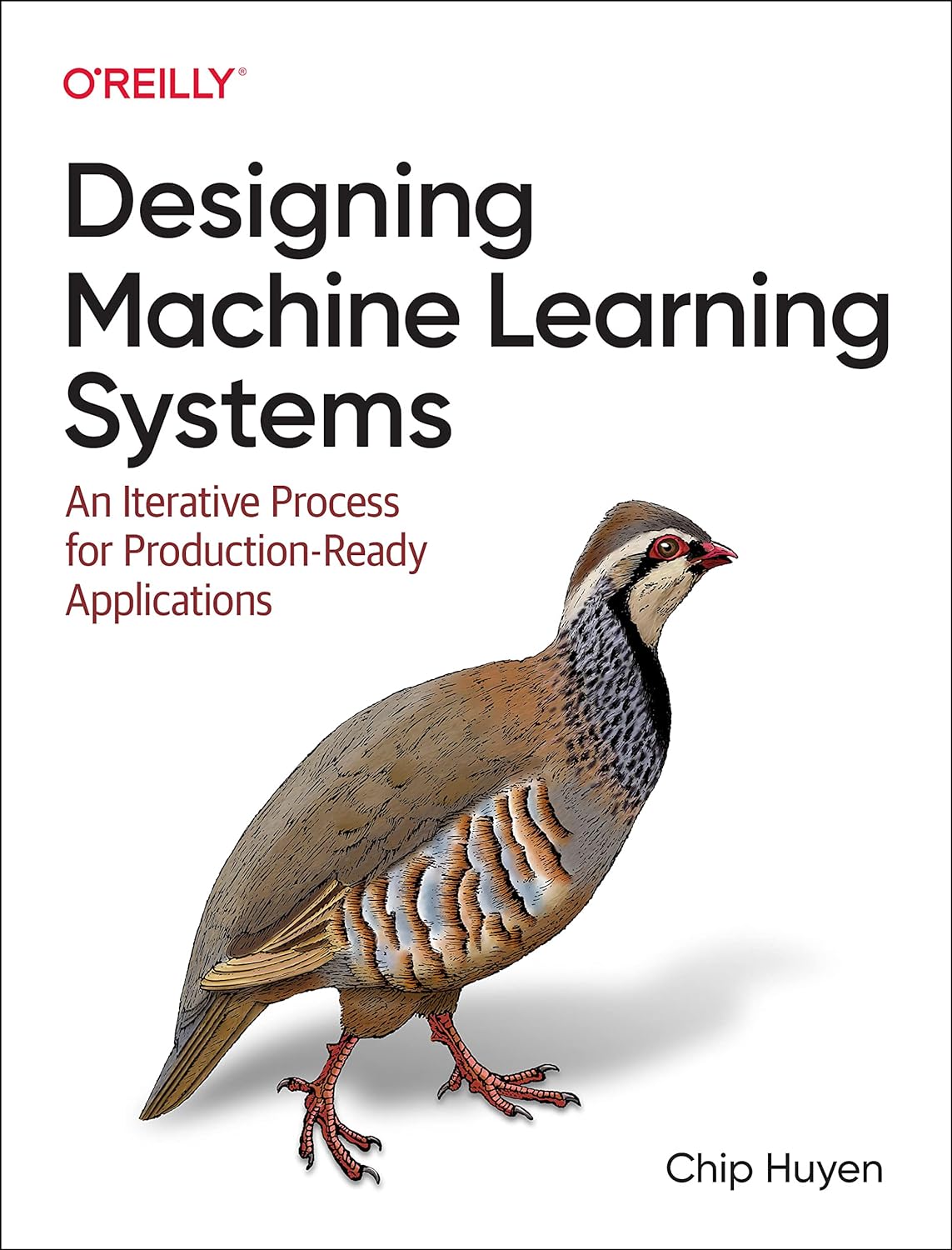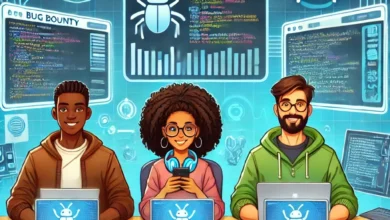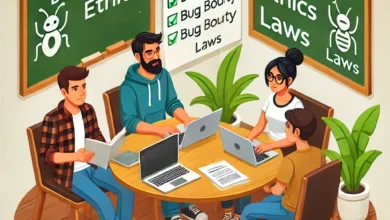The Foundation of Cybersecurity: Essential Reads for Every Bug Hunter
Diving into the Basics with Foundational Books and Resources

Essential Cybersecurity Reading: The Foundation of Successful Bug Bounty Hunting
In the rapidly evolving field of cybersecurity, the path to becoming a successful bug bounty hunter is built on a solid foundation of knowledge. This foundational understanding is crucial, as it equips individuals with the principles and techniques necessary to navigate the complex cybersecurity landscape effectively. Essential cybersecurity and bug bounty hunter readings serves as the foundation’s cornerstone, offering insights into everything from basic internet security protocols to sophisticated penetration testing methodologies.
Here, we introduce a carefully curated selection of books and resources deemed essential by the cybersecurity community. These foundational texts cover a wide array of topics crucial for every aspiring bug bounty hunter, ensuring a well-rounded understanding of the field. By delving into these essential readings, individuals can gain the comprehensive knowledge required to excel in identifying and exploiting vulnerabilities, ultimately laying the groundwork for a successful career in bug bounty hunting. Whether you’re just embarking on your cybersecurity journey or seeking to deepen your existing expertise, this guide to foundational cybersecurity literature is an invaluable resource for enhancing your skills and knowledge.
Essential Reads for Aspiring Cybersecurity Experts: A Beginner’s Guide
Embarking on a career in cybersecurity requires a solid foundation in its fundamental concepts and techniques. This section of our guide is dedicated to those beginning their cybersecurity journey, offering a carefully selected list of readings designed to establish a strong knowledge base. Among the highly recommended starting points is The Basics of Hacking and Penetration Testing by Patrick Engebretson. Renowned for its clear and concise introduction to the essentials of hacking and penetration testing, this book is a must-read for anyone looking to grasp the basics of cybersecurity.
Another critical beginner library addition is Cybersecurity for Beginners by Raef Meeuwisse. This book stands out for its ability to unravel the complexities of cybersecurity, making the field accessible to those with little to no prior knowledge. It serves as a comprehensive guide to the fundamental concepts and practices essential for securing digital environments.
For bug bounty hunters just starting, these books are invaluable resources. They provide a solid theoretical foundation and introduce practical skills and methodologies crucial for navigating and securing the digital landscape. The Basics of Hacking and Penetration Testing equips readers with the initial skills needed for effective penetration testing—a key component of bug bounty hunting—while Cybersecurity for Beginners ensures a well-rounded understanding of cybersecurity’s broader principles.
Additionally, the Web Application Hacker’s Handbook by Dafydd Stuttard and Marcus Pinto is an excellent follow-up for further expanding their knowledge. This book dives deeper into web application vulnerabilities, offering detailed insights and techniques for identifying and exploiting weaknesses—a skill paramount for successful bug bounty hunting.
By beginning with these foundational texts, aspiring cybersecurity professionals and bug bounty hunters can lay the groundwork for a successful and rewarding career. These books are stepping stones to more advanced topics and certifications and essential tools for understanding the ever-evolving landscape of cyber threats and defenses.
Deepening Expertise in Cybersecurity: Core Readings for Intermediate to Advanced Learners
For those ready to elevate their cybersecurity understanding from intermediate to advanced levels, this section identifies key resources that delve into more sophisticated cybersecurity and penetration testing aspects. These books are tailored for readers eager to broaden their expertise and tackle the complexities encountered in the field of bug bounty hunting.
One essential read is Black Hat Python: Python Programming for Hackers and Pentesters by Justin Seitz. This book explores the powerful potential of Python in the context of hacking and penetration testing, offering readers hands-on examples to develop their own tools and automate their hacking efforts. Its focus on Python, a language renowned for its versatility in cybersecurity, makes it an invaluable resource for those looking to enhance their technical skills.
Another critical recommendation is Advanced Penetration Testing: Hacking the World’s Most Secure Networks by Wil Allsopp. This advanced guide takes readers through the high-level penetration testing techniques used to breach even the most fortified systems. It’s particularly suited for bug bounty hunters aiming to refine their attack strategies and understand the mindset and methods of top-tier security professionals.
For individuals interested in the strategic aspects of cybersecurity, The Art of Exploitation by Jon Erickson is a must-read. This book goes beyond mere hacking techniques, offering a deeper understanding of how exploitation works at a fundamental level. It teaches readers to think creatively about security and exploit vulnerabilities in ways that are insightful and innovative.
Penetration Testing: A Hands-On Introduction to Hacking by Georgia Weidman is another indispensable resource. It provides a comprehensive introduction to the skills needed to conduct a penetration test from start to finish, including the exploitation of vulnerabilities and the post-exploitation activities crucial for bug bounty hunting.
Readers can significantly enhance their cybersecurity knowledge and skills by progressing to these intermediate and advanced books. These texts cover the technical aspects of hacking and penetration testing and encourage a deeper understanding of the underlying principles and strategies. They are ideal for those looking to advance in cybersecurity and excel in bug bounty hunting, providing the insights and techniques necessary to tackle more challenging security vulnerabilities and effectively protect digital assets.
Specialized Insights for Bug Bounty Mastery: Focused Readings on Niche Cybersecurity Domains
For bug bounty hunters looking to specialize or deepen their expertise in specific cybersecurity domains, this section highlights readings that concentrate on niche areas of focus. These resources cater to the unique challenges and opportunities encountered in the vast cybersecurity landscape, offering advanced knowledge and techniques in areas particularly relevant to bug bounty hunting.
One essential resource is the Web Application Hacker’s Handbook by Dafydd Stuttard and Marcus Pinto. This book is a comprehensive guide to discovering, exploiting, and preventing web application vulnerabilities. It covers everything from basic vulnerabilities to advanced SQL injection techniques, making it an invaluable resource for bug hunters focusing on web security.
For those interested in the intricacies of network security, Network Security Assessment by Chris McNab provides a deep dive into identifying vulnerabilities in network systems. This book offers practical advice on assessing the security of networks, from small-scale LANs to complex enterprise environments, equipping readers with the knowledge to detect and exploit network-related vulnerabilities effectively.
Ethical Hacking and Penetration Testing Guide by Rafay Baloch is another crucial read for bug bounty hunters. It offers a thorough overview of the ethical hacking process, including reconnaissance, scanning, exploitation, and post-exploitation strategies. This book particularly benefits those seeking to understand the ethical considerations and methodologies behind successful penetration testing.
Lastly, The Browser Hacker’s Handbook by Wade Alcorn, Christian Frichot, and Michele Orru, delves into the world of client-side attacks and defense. It provides a detailed look at exploiting browsers and defeating web security mechanisms, an area of increasing relevance as web applications become more complex and integral to daily life.
Bug bounty hunters can acquire a nuanced understanding of specific cybersecurity areas by exploring these specialized topics through focused readings. These resources enhance technical skills and broaden the strategic approach to bug hunting, enabling professionals to tackle specialized vulnerabilities with confidence and expertise. Whether aiming to master web application security, network defense, or ethical hacking, these readings are designed to equip bug bounty hunters with the advanced knowledge required to excel in their niche areas of interest, paving the way for success in the competitive and rewarding field of bug bounty hunting.
Translating Theory into Action: Real-World Application of Cybersecurity Concepts
The journey from acquiring theoretical knowledge to mastering practical skills is crucial in the field of cybersecurity, especially for aspiring bug bounty hunters. Here, we aim to guide readers on effectively applying the insights and techniques gleaned from essential readings to real-world scenarios, bridging the gap between understanding and implementing concepts.
One effective way to practice and refine these skills is through participation in Capture The Flag (CTF) competitions. These events are designed to simulate cybersecurity challenges and vulnerabilities, providing participants with a platform to apply hacking techniques, problem-solving skills, and cybersecurity concepts in a controlled environment. CTFs range from beginner-friendly puzzles to complex challenges that mimic real-world cybersecurity issues, making them an excellent way for individuals at all levels to enhance their practical abilities.
Additionally, engaging in bug bounty programs offers a direct avenue to apply knowledge in real-world contexts. Platforms such as HackerOne, Bugcrowd, and Synack host bug bounty programs where individuals can test their skills against live targets, identifying and reporting vulnerabilities in exchange for rewards. These platforms allow bug bounty hunters to apply their technical skills and understand the nuances of ethical hacking, report writing, and communication with organizations.
Furthermore, practical labs and online platforms like Hack The Box and TryHackMe provide interactive, hands-on cybersecurity training. These resources offer a variety of scenarios, from penetration testing labs to cybersecurity puzzles, enabling learners to apply concepts from their readings in a practical setting. They are invaluable for honing technical skills, understanding system vulnerabilities, and learning how to exploit them safely and ethically.
By transitioning from reading to practice, aspiring bug bounty hunters can solidify their understanding of cybersecurity principles and refine their hacking techniques. This hands-on experience is invaluable, providing a deeper understanding of theoretical concepts and building the confidence and competence required to succeed in the dynamic and challenging world of bug bounty hunting. Whether through CTF competitions, bug bounty programs, or interactive labs, applying knowledge in real-world scenarios is critical in transitioning from a theoretical understanding to practical mastery in cybersecurity.
Building a Foundation for Bug Bounty Success
As we’ve journeyed through the essential readings for cybersecurity, it’s clear that building a solid foundation of knowledge is crucial for anyone aspiring to make their mark in bug bounty hunting. The highlighted books and resources offer a comprehensive overview of the cybersecurity landscape, from the basics to more advanced and specialized topics. They are instrumental in equipping you with the necessary skills and insights to excel in identifying vulnerabilities and securing systems.
Continuous learning is key in the fast-evolving world of cybersecurity. As you progress from foundational concepts to practical applications, remember that each book, each chapter, and each practice scenario brings you one step closer to bug bounty success. The journey from reading to application is where theoretical knowledge meets real-world challenges, providing you with invaluable experiences that will define your path in the cybersecurity domain.
Call to Action: Join the Discussion on BugBustersUnited
We encourage you to absorb the knowledge these resources offer and engage with the wider community. Share your experiences, recommend books that have made a difference in your bug-hunting journey, and ask questions that spark discussions. BugBustersUnited is more than just a platform; it’s a community of passionate individuals committed to strengthening the cybersecurity field.
Whether you’re a beginner seeking guidance or an experienced hunter looking to share your wisdom, your contributions are valuable. Participating in discussions, you help create a vibrant ecosystem where knowledge is freely exchanged, and collective growth is fostered.
So, let’s continue the conversation on BugBustersUnited. Share your favorite reads, discuss the challenges you’ve overcome, and explore new topics together. In the realm of cybersecurity and bug bounty hunting, every piece of knowledge shared is a step forward for the community.
Remember, the path to becoming a successful bug bounty hunter is built on a foundation of continuous learning, practical application, and community engagement. Together, we can push the boundaries of what’s possible in cybersecurity, one bug at a time.






